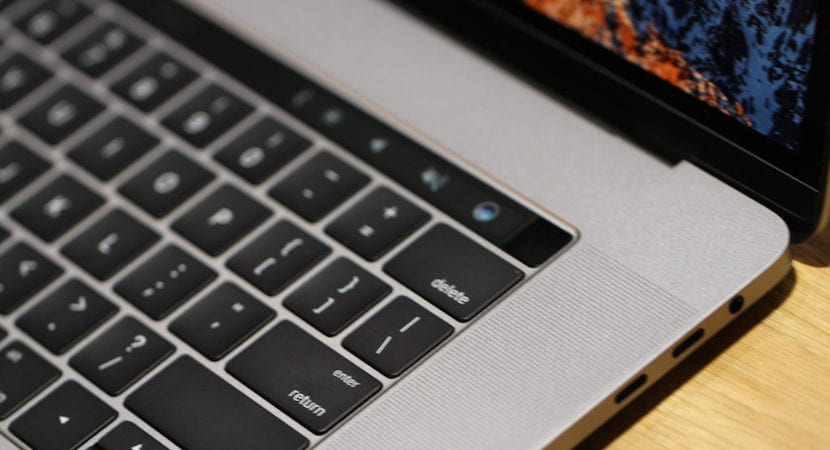
Apple would be planning the introduction of the future XPoint-based Optane SSD technology in an upcoming update of the recently introduced MacBook Pros that could reduce access times and increase data transfer speeds compared to conventional SSDs.
In the new MacBook Pro computers, Apple has implemented NVMe storage, via the PCIe bus, something that experts say is Apple's SSD storage in newer PCs is best-in-classSo, on the 13-inch MacBook Pro, the function keys offer 2,2 gigabytes per second in write speed and 3,1 gigabytes per second in read speed.
Most of the rest of the industry relies on SATA-III SSD interfaces, which limit speeds to about 575 megabytes per second, already surpassed by the previous 2015 MacBook Pro. Still, widespread adoption of the MacBook Pro is not expected. PCIe / NVMe storage at least until mid, and even end of 2017.
Jeff Janukowicz, Research Vice President at IDC, told Computerworld that “Apple pioneered PCIe / NVMe storage and was the first PC company to widely adopt it across their entire notebook portfolio, while other companies are still using it across the board. a very limited portion of their PC line. He continues: “By doing so, Apple has been able to deliver higher performance in terms of read / write speed and latency compared to traditional SATA-based PC designs, making the new MacBook Pro more efficient and faster. ».
NVMe technology will eventually replace the old AHCI technology whose purpose was to maintain maximum efficiency in systems that use rotating hard drives, however, the new NVMe is optimized for low latency operations made possible by solid state drives or SSDs.
From its origins, NVMe technology reduces latency by 50 percent over a drive managed by AHCI technology. Currently, the new NVMe has 2,8 nanoseconds of latency, and still has room for future increases, compared to the maximum of 6 nanoseconds reached by AHCI with an SSD.
As explained to the most profane from Apple Insider, conventional SSD media is about a hundred times slower than the RAM used in the new MacBook Pro, and about 65 times slower overall. But Optane storage media will be only eight times slower than LPDDR3 RAM.
The high speed of the SSD storage included in the new MacBook Pros is not only due to that NVMe support. Apple's 338S00199 SSD Controller It is the key to the operation, since it allows to achieve a performance never before seen in a portable SSD.
The next generation of flash storage called 3D XPointComing under the Optane brand from Intel, it supports the NVMe storage protocol that Apple is already using in some of its MacBooks, including the new MacBook Pro.
Thus, this new technology could be implemented in the next update of these equipment that today they would begin to reach their first buyers; To be more exact, we could see it in new MacBook Pro computers that would be released in late 2017, controlled by Apple's current custom SSD controller, or by a future version of it with compatible technologies.
Intel's next SSD line will be called "Mansion Beach"; It is based on Optane and will be intended to be installed on the motherboard of a system, or with a connector similar to the one that the Cupertino companies have already used in the new MacBook Pro. Its debut is expected "very soon" and although updates of the technology have not yet been published, and variants for data centers are not expected until at least mid-2017, would arrive just in time for Apple to include them in a new MacBook Pro in late 2017.
